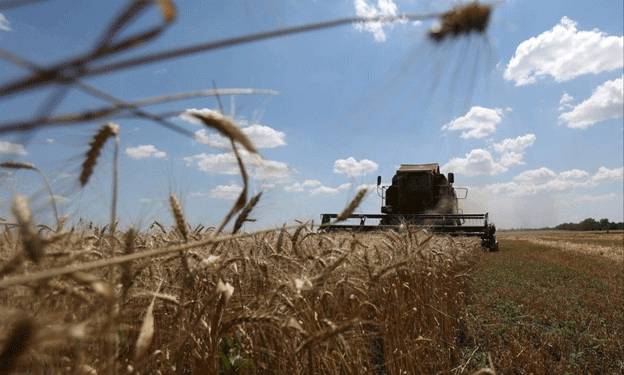In a surprising move, Argentina has secured the first shipment of wheat to China since the 1990s, signaling a deeper agricultural trade relationship between the two countries. This approval, granted by China’s Ministry of Agriculture in January 2024, marks an important step for Argentina’s export strategy and offers a strategic opportunity for China to reduce its dependency on traditional suppliers, especially the United States.
China, the world’s third-largest wheat importer, received 12.1 million tonnes of wheat in 2023 at a value of US$4.42 billion, according to customs data. However, with trade tensions between Beijing and Washington escalating, particularly during the former U.S. President Donald Trump’s tenure, the trade dynamics have shifted significantly. The U.S. has been a major supplier of agricultural products to China, but tariffs imposed in 2018 led to a sharp decline in U.S. farm product imports—down from 34.3% of China’s soybean imports in 2017 to just 16.7% in the first 10 months of 2024.
In retaliation for these tariffs, China sought alternative suppliers. Brazil, for instance, has filled the gap, now accounting for 75.5% of China’s soybean imports in 2024—a substantial rise from 53.3% in 2017. This diversification is not just about economics but also geopolitics, as China looks to build more robust trade relationships with countries in the Global South, such as Argentina, to mitigate risks associated with its reliance on U.S. goods.
The recent wheat deal from Argentina is part of this broader strategy. Argentina, one of the world’s top wheat exporters, is now poised to become a crucial player in China’s agricultural supply chain. The approval for wheat exports is expected to pave the way for increased agricultural trade, particularly as China looks to expand its market beyond the U.S. This is not only beneficial for Argentina’s economy but also crucial for China’s food security strategy, which has been under pressure due to fluctuating domestic production and trade conflicts.
China’s domestic market has been experiencing significant changes, with economic slowdowns and declining consumer demand impacting import values. In 2023, China’s total import value dropped by 5.5% year-over-year to US$2.6 trillion, though there was a slight recovery with a 1.7% year-on-year increase to US$2.1 trillion in the first 10 months of 2024. This underscores the importance of securing stable and diversified supply chains, particularly in the agricultural sector where reliability and predictability are crucial.
The recent developments also highlight the growing role of Argentina as a supplier of agricultural goods. In 2023, Argentina’s trade with China was valued at US$6.7 billion, with significant exports of soybeans, beef, and barley. The opening of the wheat market to China marks a shift towards a more integrated relationship, which could see Argentina increase its agricultural exports significantly in the coming years.
The burgeoning relationship between China and Argentina in the agricultural sector is a strategic move for both countries. For China, it represents an opportunity to diversify its supply sources and reduce the risk of trade disruptions from ongoing tensions with the U.S. For Argentina, it opens up new markets and economic opportunities, especially as domestic agricultural production faces its own challenges. As this trade relationship deepens, it will be essential for stakeholders on both sides to monitor closely the impact of changing weather patterns, tariffs, and global market shifts on this new agricultural corridor.
Error





